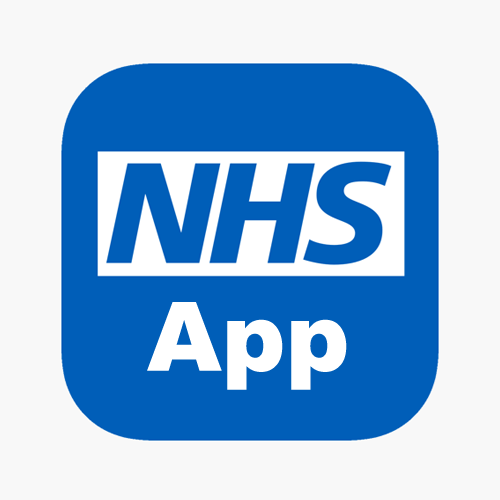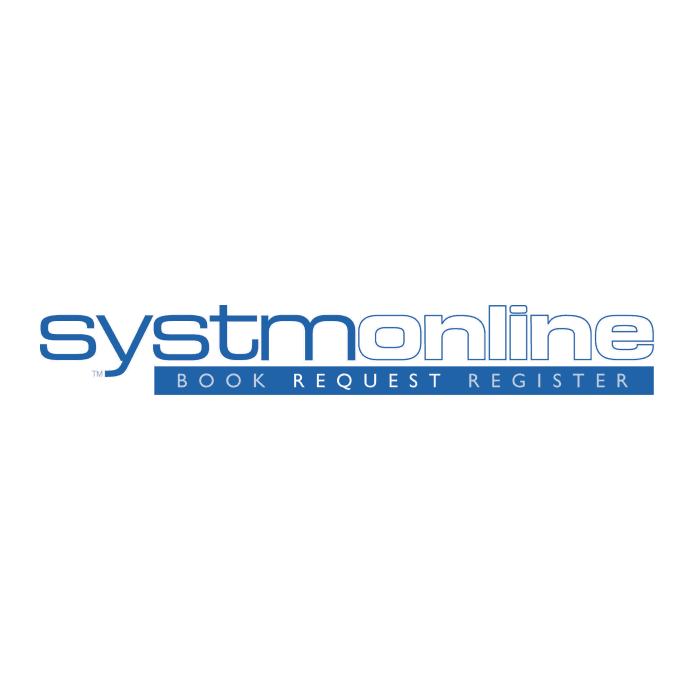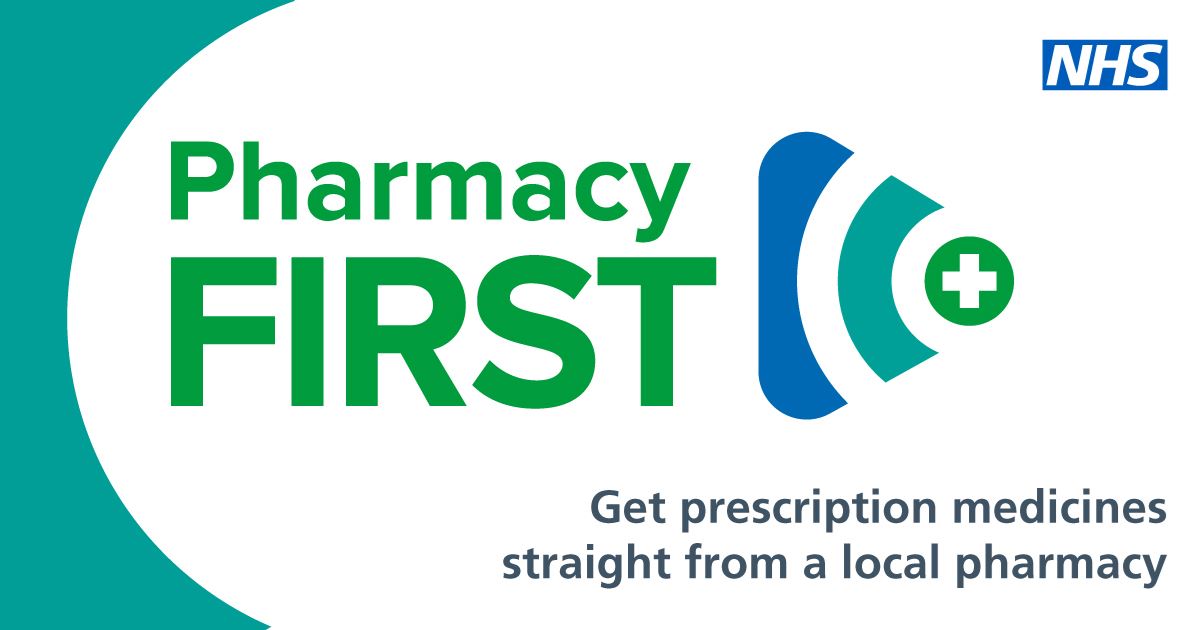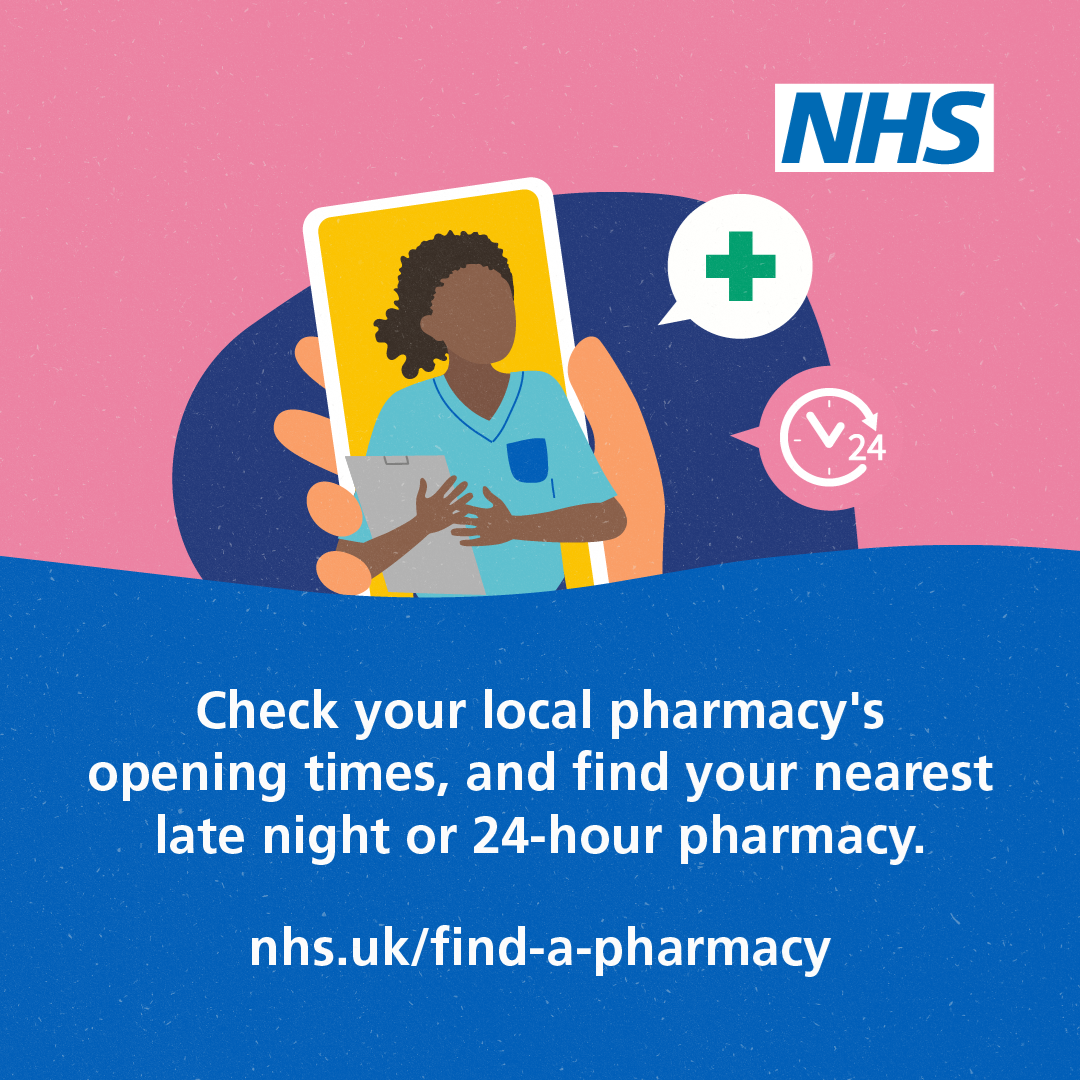People often come to us requesting the doctor or nurse to prescribe diazepam for fear of flying or assist with sleep during flights. Diazepam is a sedative, which means it makes you sleepy and more relaxed. There are a number of very good reasons why prescribing this drug is not recommended.
According to the prescribing guidelines doctors follow (British National Formulary) diazepam is contraindicated (not allowed) for treating phobias (fears). It also states that “the use of benzodiazepines to treat short-term ‘mild’ anxiety is inappropriate.” Your doctor would be taking a significant legal risk by prescribing against these guidelines. They are only licensed short term for a crisis in generalised anxiety. If this is the case, you should be getting proper care and support for your mental health and not going on a flight. Fear of flying in isolation is not a generalised anxiety disorder.
Although plane emergencies are a rare occurrence there are concerns about reduced awareness and reaction times for patients taking Diazepam which could pose a significant risk to themselves and others due to not being able to react in a manner which could save their life in the event of an emergency on board necessitating evacuation.
The use of such sedative drugs can make you fall asleep, however when you do sleep it is an unnatural non-REM sleep. This means you won’t move around as much as during natural sleep. This can cause you to be at an increased risk of developing a blood clot (Deep Vein Thrombosis - DVT) in the leg or even the lungs. Blood clots are very dangerous and can even prove fatal. This risk is even greater if your flight is greater than 4 hours, the amount of time which has been shown to increase the risk of developing DVT whether in an aeroplane or elsewhere.
Whilst most people find Diazepam sedating, a small number have paradoxical agitation and aggression. They can also cause disinhibition and lead you to behave in a way that you would not normally which can pose a risk on the plane. This could impact on your safety as well as that of other passengers and could also get you into trouble with the law. A similar effect can be seen with alcohol, which has led to people being removed from flights.
Diazepam and similar controlled drugs are illegal in a number of countries. They may be confiscated or you may find yourself in trouble with the police. The passenger may also need to use a different strategy for the homeward bound journey and/or other legs of the journey
It is important to declare all medical conditions and medications you take to your travel insurer. If not, there is a risk of nullifying any insurance policy you may have.
Given the above we will no longer be providing Diazepam or similar drugs for flight anxiety and instead suggest the below aviation industry recommended flight anxiety courses.
Flight anxiety does not come under the remit of General Medical Services as defined in the GP contract and so we are not obliged to prescribe for this. Patients who still wish to take benzodiazepines for flight anxiety are advised to consult with a private GP.



